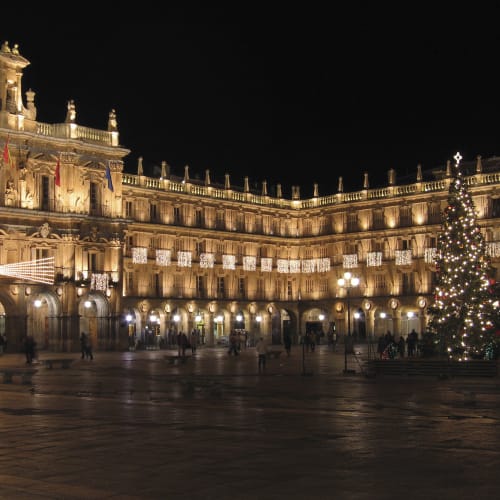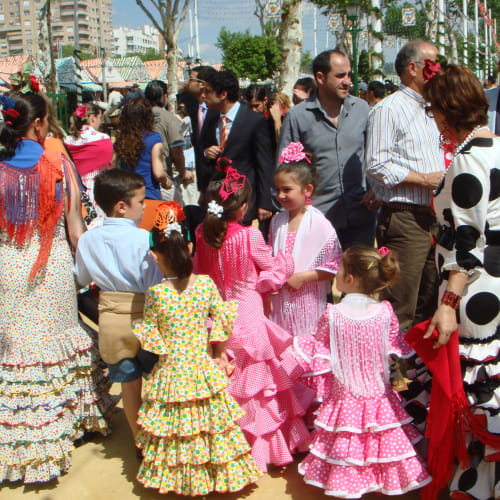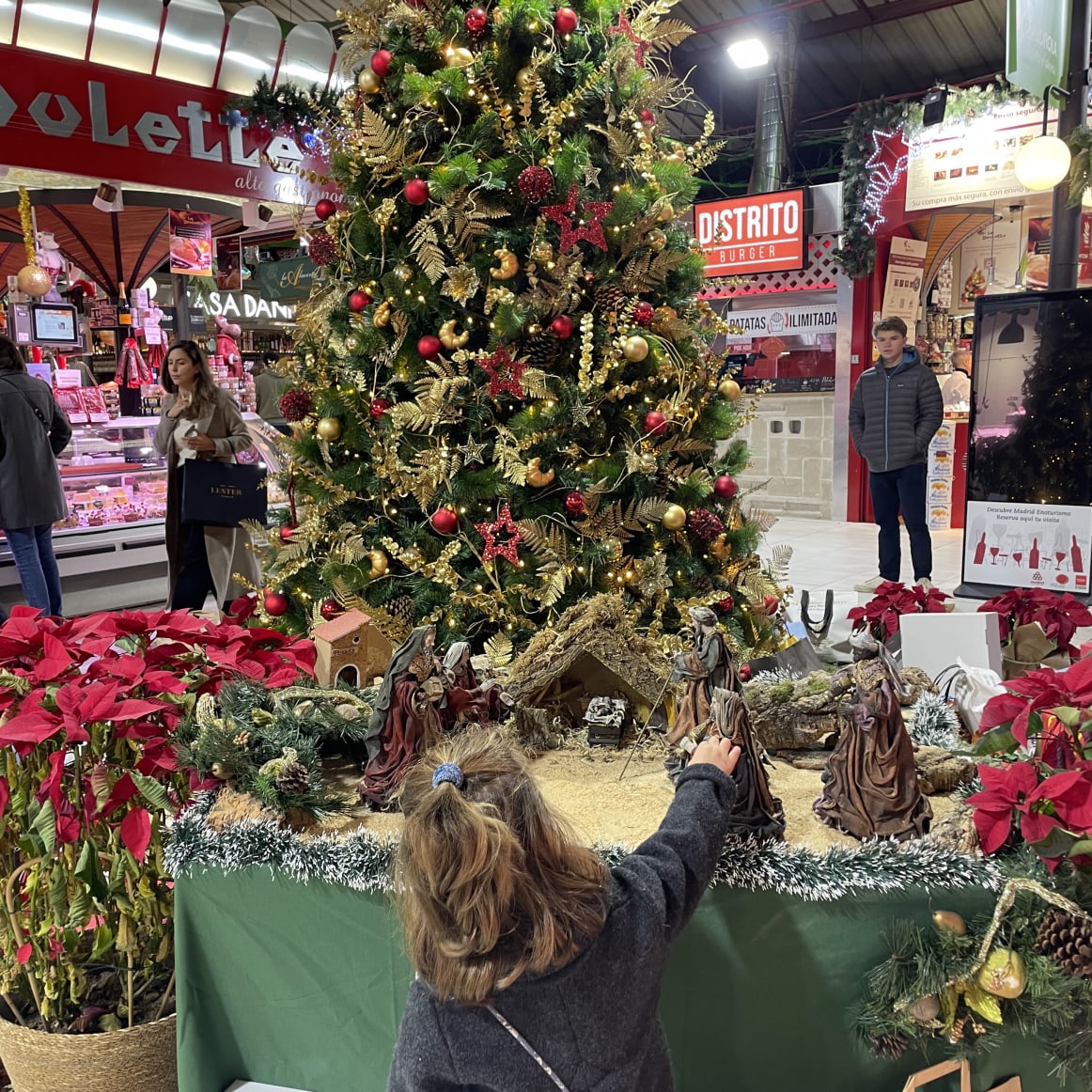Free Tuna with $75 Orders! Promo Code: TUNA
Cherishing Family Like They Do in Spain This Christmas
Don Harris | December 2017




Can you think of times when events changed your life more than you could recognize at the time? For me, a surprise assignment brought me to Spain and changed my life profoundly!
I remember the day when, as a young chaplain, I reported aboard my first Navy ship. I had just been commissioned as a chaplain 5 months before. My wife Ruth and I were newlyweds who had just settled into our apartment in Washington, D.C., my first assignment. But a personnel emergency came up and the Chaplain Corps immediately reassigned me to a destroyer division home-ported in Norfolk.

It turns out that the five destroyers were preparing for a Mediterranean cruise of six months’ duration. So, I sailed off into the Atlantic, waving goodbye to my new wife, who remained in Norfolk, marooned among packing boxes! I was a complete rookie and had to figure out on my own how I could minister to the officers and men of five destroyers. As unsettling it was for Ruth and me, that “Med Cruise” changed our lives and the way we would choose to raise our three boys in the future.
The first two ports of call were in Spain: Palma de Mallorca and Valencia. If that were not enough of Spain, the final two ports were Barcelona and the naval base in Rota - a favorite duty station of many of our customers who were stationed there. I took every opportunity to go ashore either by myself or with a couple of my shipmates, strolling the beautiful cities. I became familiar with many Spanish families and I very much liked what I saw. By the time I returned to my bride six months late, I had befriended many wonderful Spanish locals.
I particularly noticed how the Spanish raise their kids. From the moment of their birth, Spanish children are cherished, not only by their immediate family, but also by their close relatives and the neighborhood. They accompany their family everywhere: daily visits to the grocer, butcher and vegetable lady in the local market. They are also included with their parents, aunts, uncles, grandparents and friends as they gather at the local tapas bar or restaurant.
The result of this style of child-rearing is that the child is treated as part of a nurturing community - the neighborhood. Rather than the American feeling of “a man’s home is his castle,” sometimes sequestered in a gated neighborhood, the Spanish neighborhood as a whole assumes responsibility for all of the children. It forms a strong community. For example, if a little child falls down and scrapes her knee in the plaza, she might turn to the other children for help, rather than her mother.
During this festive time of year, the focus is upon our children and their seemingly loving approach to life. Particularly during this cynical time where there is not much encouragement expressed in the media, I find that being with my family, our grandchildren or any group of children lifts my spirits: for after all is said and done, it is all about love - whether it expressed in the baby in the manger or in loving your neighbor as yourself.
May you be surrounded by those whom you love.
Felíz Navidad

